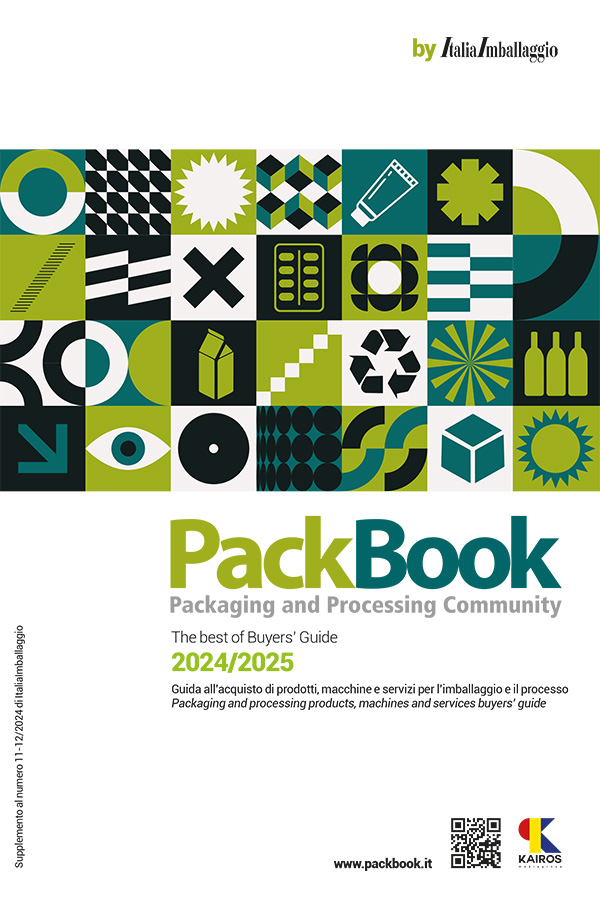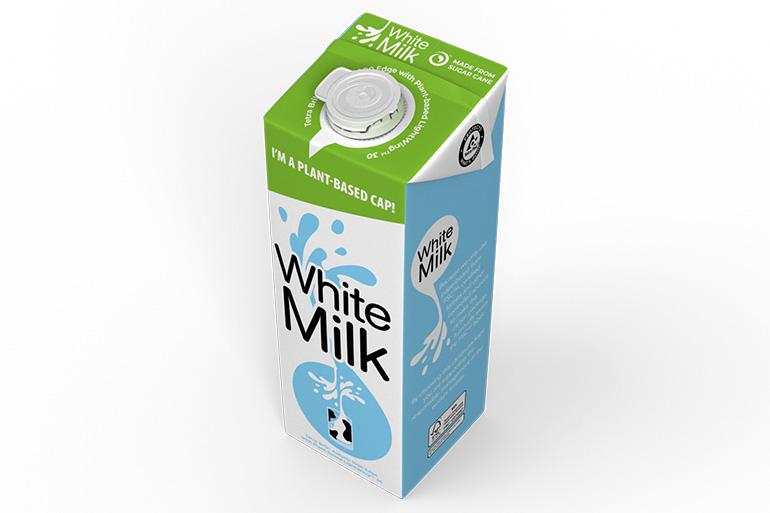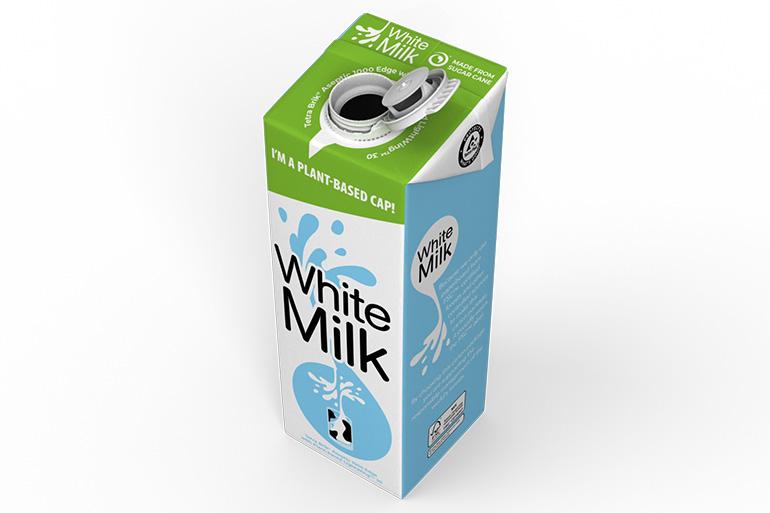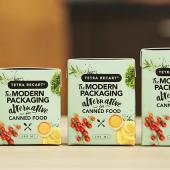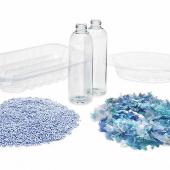Sustainability, a question of Innovation
Paolo Maggi, chairman of Tetra Pak South Europe tells ItaliaImballaggio about the latest news of the food processing and packaging multinational, focusing on the offer that the company has developed with particular attention towards environmental impact and food safety, points of strength of Tetra Pack products and technologies.
M. Costanza Candi
«2024 is a year of continuity» Maggi begins. «We are moving ahead with our investment in the territory in order to increase the collection and recycling of drink cartons through a partnership programme with specialised companies and groups such as Lucart, Comieco and other operators involved in the recycling of paper and PolyAl, the aluminium and plastic structure of Tetra Pak products. Both materials are separated and then new recycled products are formed from our drink carton. An emblematic example is the circularity path of the Noè pallet which we use for the transport of our products, a product developed precisely in collaboration with Lucart. On the back of this experience, we are aiming to produce trolleys in PolyAl for mass retail, demonstrating a circularity that sees us as leaders in Europe».
Continuous innovation, from the design to the materials
From best practices, Paolo Maggi then moves on to innovation which has always characterized the packaging and machines developed by the company.
«The second element of our action is innovation; we are, in fact, aiming at developing increasingly sustainable and high-performance packaging, such as packaging with more paper, without aluminium and further reduced percentages of plastic, becoming, therefore even more recyclable and renewable. In this new solution, paper reaches 80%, simplifying the packaging structure as required by the EU. On this front, I could mention the launch of the aseptic carton for drinks with a paper-based barrier developed for Lactogal in Portugal, which forms part of a large-scale technological validation process; thanks to the success achieved in the field, we plan a global launch of “on the go” packages in 2024, while in 2025 we will focus on 1 litre bricks».
Packaging design, materials and packaging machines: there’s no point of the supply chain where Tetra Pak does not bring its particular business culture, based on the constant search for the best solution for combining sustainability concepts with food safety, shelf life and product preservation.
«With regards to alternative materials - Maggi continues - we have been working for some time on obtaining a certified product with increased recycled quantities both in the primary pack and in the secondary one, which also entails maximum attention to food safety and machinability. We have taken on board the calls to use packaging accessories produced with recycled material and with eco-design that favours recycling on all its forms. We can refer, for example, to the joined caps, which for us are already a commercial standard despite the EU regulation that makes them mandatory from summer 2024. Close attention to regulatory developments guides our actions, and has led us to redesign functionalities taking account of future Directives, with the aim of responding in good time to operators who are looking for solutions with low investment but nevertheless aligned with Tetra Pak standards. In this sense, we believe that the solutions that we have adopted for milk with flip cap closures of various types and LightWing™ 30, a joined cap which permits closure with a click, are positive examples, guaranteeing the perfect usability and preservation of the product».
More and more recycled, less and less emissions
More recent innovation projects also include Tetra Recart, which puts the emphasis on shelf life, reduction of emissions and food waste.
«Tetra Recart is our first investment in solid foods like tomatoes, legumes and pet food. In practice, we are widening our ability to develop sustainable packaging also in complex segments, in which cans, glass or pouches are prevalent. With Tetra Recart (which does not require tools for opening and guarantees that the product is fully recoverable thanks to perfect compressibility, Ed.), we are able to lower the quantity of CO2 emitted by 83%, thanks to a combination of material from certified renewable sources, weight, and optimization of logistics and transport due to the regular shapes and stackability. It is offered in various formats, adapted to categories that we don’t normally serve, which makes it possible to supply both the Italian market and abroad. Looking at the food sector, in fact, 80% of tomatoes produced in Italy are exported abroad, and this is why a solution like ours offers great advantages to local producers in achieving their sustainability objectives».
A technology directed towards the future
Maggi continues with his reflection, looking at process and packaging machines for which Tetra Pak is a leading manufacturer, putting the emphasis, also in this case, on sustainability.
«Our machines are designed to respond to two major requests coming from the market: reduce operating costs and improve the sustainability profiles of systems. And while, on the materials front, we are designing sustainable poly-laminate solutions, in the development of machinery, our attention is focused both on the requirements of the legislator and on the demands of manufacturers, who are demanding a reduction in the consumption of energy, water and space, with lines that start from a “future-proof” modularity. The ecological transition is such that, whoever buys machines today needs to be able to count on an innovative product that is able to adapt to the transformations of the market, thus protecting their investment thanks to the machinability and compatibility that our products guarantee over time».
To conclude… The PPWR, pros and cons
«We strongly believe in the informative aspect that we have carried forward in the last 18 years - concludes Maggi - clarifying a number of fundamental points regarding industrial, economic and environmental impacts, not just on the packaging industry as such, but on the agri-food supply chain and post-consumption management. Pushing a country to revolutionise a virtuous packaging management and recycling model has a significant impact both on the consumer and on the single market. In addition, besides its essential function as “protector” of food and drinks, food packaging also provides important information on contents, an aspect of communication with the consumer that cannot be ignored.
To provide additional information on the role of cartons for drinks, we at Tetra Pak have also commissioned an in-depth study to a Dutch consultancy firm on the detailed consequences of certain provisions that had been included in the various negotiating stages of the Regulation, first and foremost to have more solid data base on which to reason. As a person that has been working in this sector for over 20 years, I feel I have to say thank-you to the Italian representatives at Parliament, Government and Permanent Representation level for the way they have listened to our points of view right from November 2022 in order to understand the more technical themes associated with the world of food packaging».
